Healthy and orderly industrial relations in an enterprise generate democratic attitudes which lead to progress and stability. Eventhough workers demand equal say in decision-making, employers can and do resist these demands. This resistance has resulted in great dissatisfaction, distress and distrust among workers which they express through violent activities. This creates differences between employers and employees in the industrial world. Industrial disputes disturb the economic, social and political life of the whole country. So, in the interest of workers, employers and society at large, minimization of conflicts in various sectors is very important. Maintenance of industrial harmony is the need of the hour for enhancing labour productivity and developing Indian economy. Collaboration and cooperation is necessary to achieve organizational objectives. Therefore, it is essential that those who manage man-power resources understand human behavior. Modern industrialization has created a vast gap between the management and labour because of the workers’ lack of control over means of production. As employers are economically and socially powerful, workers are incapable of getting their grievances redressed. The evolution and approaches of industrial relations, its advantages, factors influencing it and the strategies employed are discussed in this book. Legislation relating to industrial relations, dispute resolution policy and role played by trade unions in maintaining good industrial relations are detailed. The purpose of industrial relations is to secure the highest possible level of mutual understanding and goodwill among the several groups which participate in production and other associated activities.
Industrial Relations: Global and Indian Perspectives
$34.20
$38.00
In stock
Free & Quick Delivery Worldwide
All orders amounting to US$ 50 or more qualify for Free Delivery Worldwide. For orders less than US$ 50, we offer Standard Delivery at $14 per book.
ABOUT THE AUTHOR G. Jegadeesan
G Jegadeesan holds a Ph.D. in Labour Studies from Madurai Kamaraj University, master's degrees both in Labour Studies and Political Science from Madurai Kamaraj University and a bachelor's degree in Law from Madurai Law College, Madurai Kamaraj University. He also holds a Postgraduate Diploma in Personnel Management and Industrial Relations from Institute of Social Work, Madurai and a Diploma in Labour Laws and Administrative Law from Annamalai University. He has 22 years of administrative experience in Madurai Kamaraj University and 17 years of teaching experience in Directorate of Distance Education, Madurai Kamaraj University. He is presently working as Faculty Member at Icfai Business School Research Centre, Chennai. Prior to joining Icfai, he was Faculty Member in the Department of Labour Studies, Madurai Kamaraj University for 10 years. He has presented many research papers in various national and international conferences. His articles have been published in journals like The Indian Journal of Labour Economics and Journal of Employment Law and Korean Journal of Industrial Relations. He has earlier authored two books, titled "Human Rights, Group Rights and the UN" and "Human Rights and the New World Order", both published by the University of Madras and were prescribed as study material for M.A. Human Rights course in the University. He is passionate about teaching, guiding research, consultancy and conducting management development programs. His areas of interest include human resource management, industrial relations, organizational behavior, training and development, wage and employment administration and research methodology.
reviews
0 in total
Review by Anonymous
Be the first to review “Industrial Relations: Global and Indian Perspectives” Cancel reply
You must be logged in to post a review.
Bibliographic information
Title
Industrial Relations: Global and Indian Perspectives
Author
Edition
1st ed.
Publisher
ISBN
9788131419489
Length
280p.
Subjects

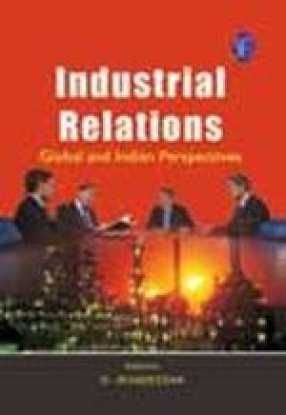
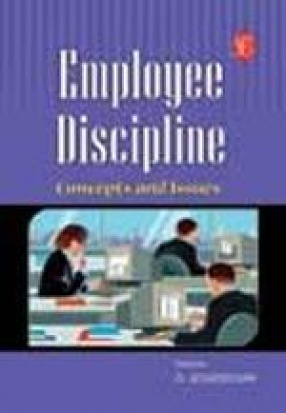

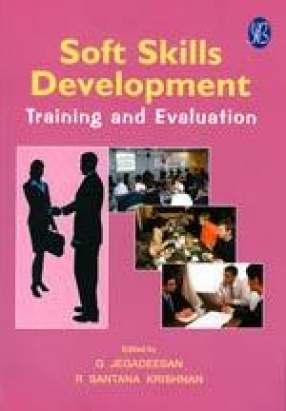
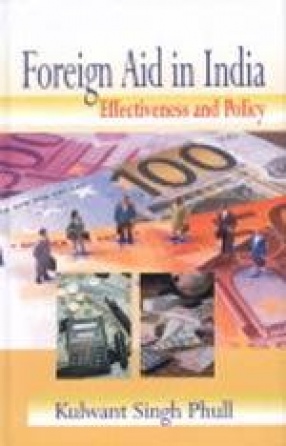
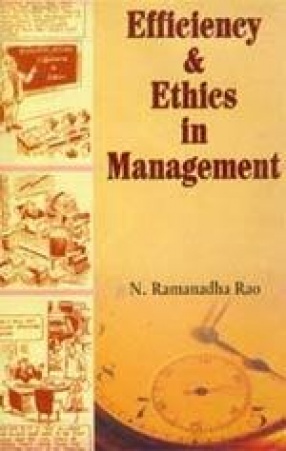
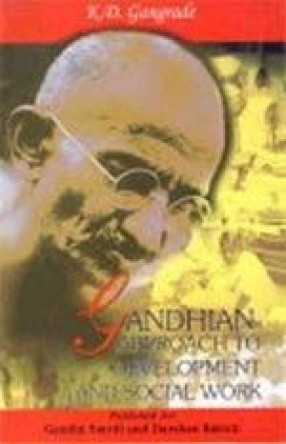
There are no reviews yet.